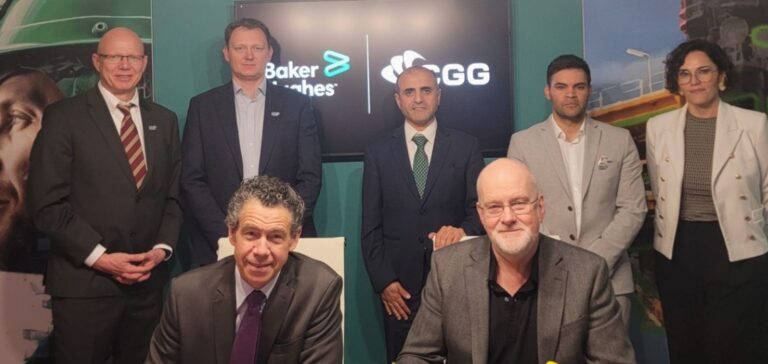CGG and Baker Hughes, two leading energy services companies, announce a memorandum of understanding. This association aims to develop a joint offering in carbon capture and storage (CCS) technologies. CGG, a company specializing in the assessment of underground resources, explains that the proposed business alliance aims to provide integrated solutions for assessing, selecting, characterizing and monitoring potential carbon dioxide storage sites. The aim of this collaboration is to support the rapid growth of carbon capture projects.
The challenges of capture and storage
CCUS technology enables carbon dioxide to be captured at the plant gate, liquefied and stored in geological reservoirs. Some projects also enable the captured CO2 to be recycled. However, despite its potential, the technology has its limitations. The Carbon Tracker think tank believes that CCUS often promises more than it delivers. In their view, some applications remain untested and costs remain high, reducing commercial viability.
The importance of the alliance
The alliance between CGG and Baker Hughes will focus on the development of high-quality CCUS solutions, aimed at increasing market acceptance and project efficiency. By integrating the expertise of both companies, they hope to overcome certain economic, technical and commercial obstacles. This is a crucial issue for oil companies, as CCUS could enable them to significantly reduce their carbon footprint.
Outlook for the sector
Carbon capture projects are gaining in importance as governments and industries seek to meet climate targets. Storage efficiency, safety and cost remain challenges. Despite this, investment in research and development should enable these technologies to be improved. The CGG-Baker Hughes alliance could become a key player in the global CCUS market.
The collaboration between CGG and Baker Hughes aims to offer a joint, integrated solution for carbon capture and storage technologies. The alliance reflects the urgent need to invest in innovative solutions. The aim is to combat global warming while meeting the sector’s economic and technical challenges.






















